Table of Contents
Today’s age offers many products available in the fitness industry, although we keep forgetting of some simple but for body important substances. That’s why we decided to have a look at the most frequent underestimated supplements.
1. Fish oil
Fish oil is one of the most underestimated supplements. According to the specialists, we wouldn’t cover the needed estimated daily receive of omega-3 fatty acids after fish consumption once or twice a week. Omega 3 fatty acids belong to essential fats which our body is not able to create itself and it must be taken from food or in the form of supplements. By using high quality fish oil, you can lower triglycerides level, risk of cardiovascular diseases and to accelerate regeneration after training, to protect the brain and its functions and to lower the risk of diabetes. [1]
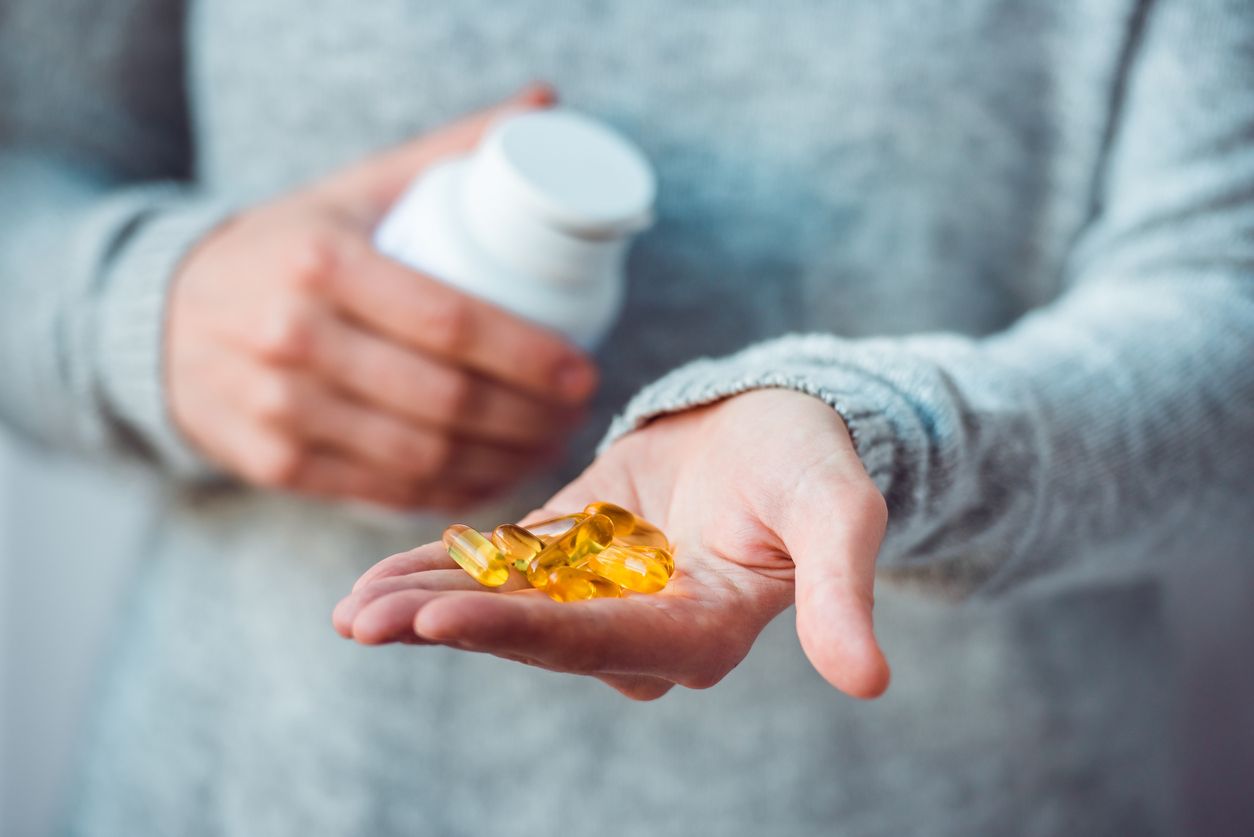
The individuals who consume greater amounts of fatty fish, don’t need to supply fish oil in form of supplements as often as those who consume fish a few times per week. Although, it needs to be realized that many types of fish contains great amount of mercury. If the mercury level is too high, it can lead to health problems. Fish oil along with occasional consumption of fatty fish is the best way to achieve the balance of omega-3 fatty acids in the body.
It maintains the level of healthy cholesterol
Supplementation by fish oil can support healthy cholesterol level in blood. 3 – 6 grams of fish oil per day contribute to the support of healthy proportion of HDL and LDL as much as to healthy level of triacylglycerols (fats) concentration in the body. [2]
It supports bone health
The bones are becoming thinner by growing age, mostly in the case of women in menopause a of those who don’t have a standard hormone levels of estrogen and progesterone. The effect of omega-3 fatty acids on bone density and balance of calcium within women in menopause were examined in one study and there has been found that these fatty acids support bone health. [3]
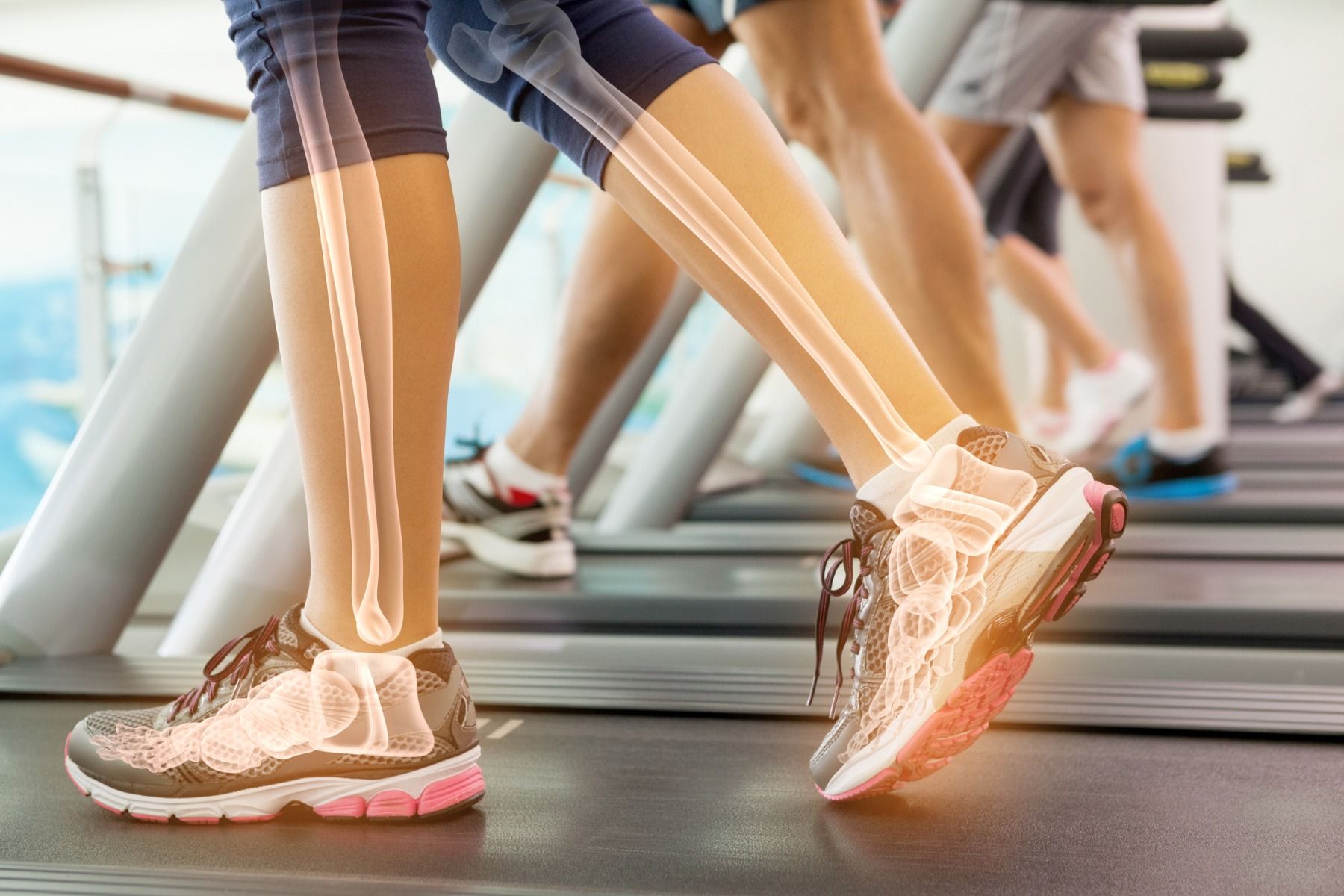
It contributes to better sleep
Sleep is necessary for everyone and this can be double applied for sportsmen who overload their body on a daily basis. The studies have proven that sleep problems are connected to many diseases such as obesity, diabetes or depression. It has been proven that the regular omega-3 fatty acids receive has improved quality and length of the sleep. According to studies, low omega-3 fatty acids level is connected to sleep disorders within children and adults. Low DHA level has an impact on reducing of melatonin hormone which helps to fall asleep. [4]
Melatonin is a hormone which is naturally found in the human body but with growing age, the level of this hormone drops. Besides that it helps us to fall asleep, it creates the harmony between day and night organism regime and makes sure that you sleep peacefully. It ensures reducing of stress and exhaustion. [5]

You might be interested in these products:
2. Vitamin D
Vitamin D is mostly received by means of sunlight and not by food. If you live in the area of less sunlight during the day, you can receive vitamin D in the form of supplements. Studies suggest that supplements of vitamin D can support bone health, to reduce depression and to help people with fibromyalgia (inflammatory, rheumatic disease of soft tissues), several sclerose types and other chronic diseases. The main function of this vitamin is it helps our body to absorb calcium and is also very helpful at skin health. Dose of vitamin D which your body needs can be dependent upon many factors such as: skin color, locality of living and how often you are exposed to sunlight. [1]
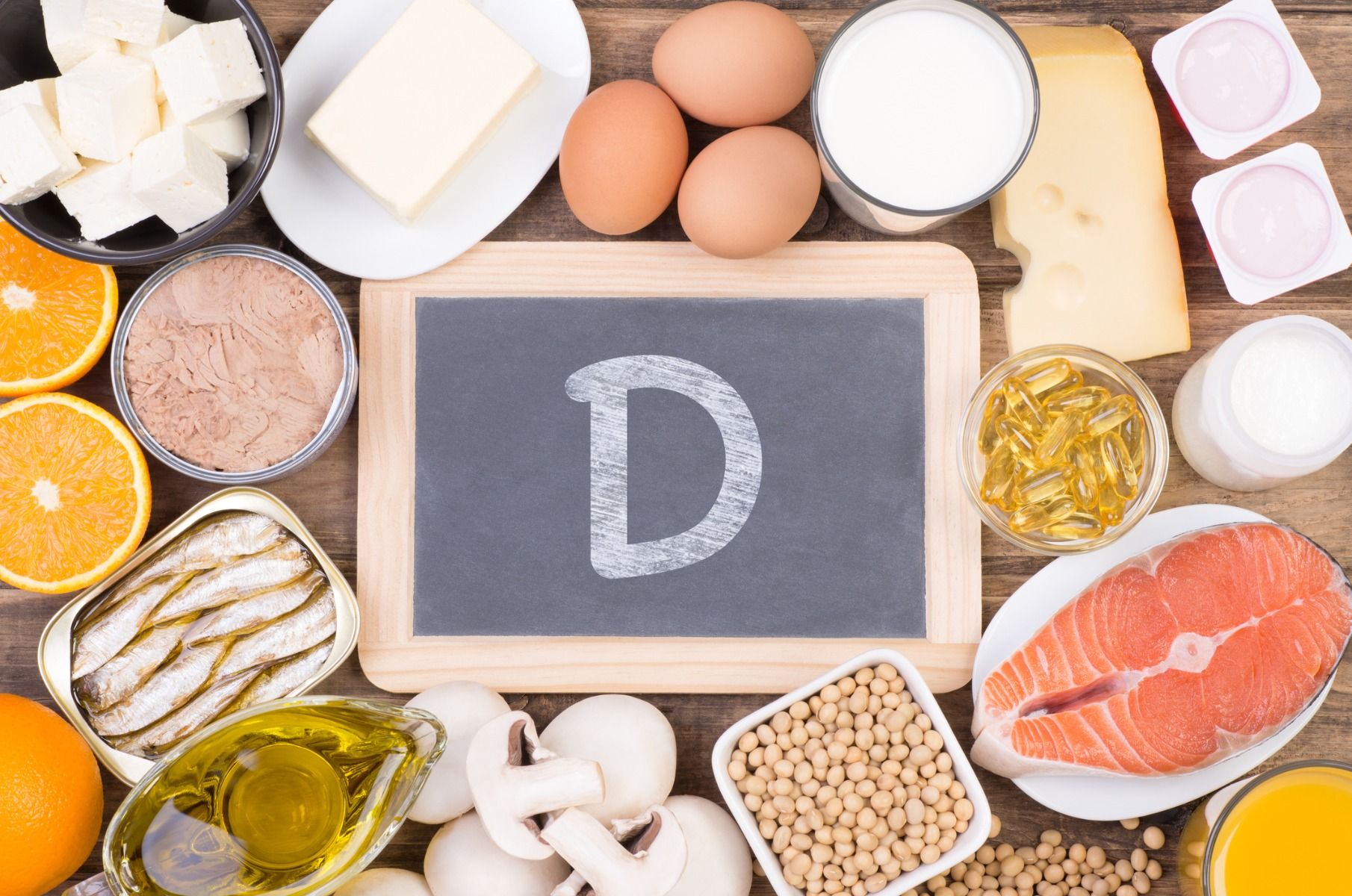
Sources of vitamin D
Vitamin D is also naturally found in some foods, however its the highest amount is in fatty fish such as mackerel or salmon. It can also be found in egg yolk, meat or vegetables. Many people prefer the receiving of vitamin D from supplements. You can find the connection of vitamin D3+K1+K2 on the market. These vitamins mutually act synergically and have prosperous benefits for bone health.

Vitamin D and osteoporosis
With growing age, we are exposed to certain risk of osteoporosis (bones will become fragile and easy to break). One of the reasons of this disease is long-time lack of calcium and vitamin D. Vitamin D doesn’t affect the calcium absorption but has direct influence on the muscles and bones and by this, it prevents from pain of muscles, bones and osteoporosis. By using vitamin D3 (700-800 IU/day) and calcium (500-1200 mg/day), there was proven reduction of bone mass loss and fractures within people between 62-85 years.
Vitamin D and cancer
The scientist, Edward Gorham and his colleagues made studies in which they discovered serum for compound of vitamin D causing risk of cancer reduction. Vitamin D is therefore considered as prevention against some cancer types. [6]
3. Zinc
It is a trace element and necessary mineral substance which our body is not able to produce naturally. Zinc has many important roles for the body – it significantly improves the immune system, helps to ease enzyme activity, supports wounds healing and increases natural testosterone level and by this, helps to protein synthesis. The specialists recommend to consume at least 11 milligrams of zinc every day but you need to increase the dose at body-building and muscle mass building.
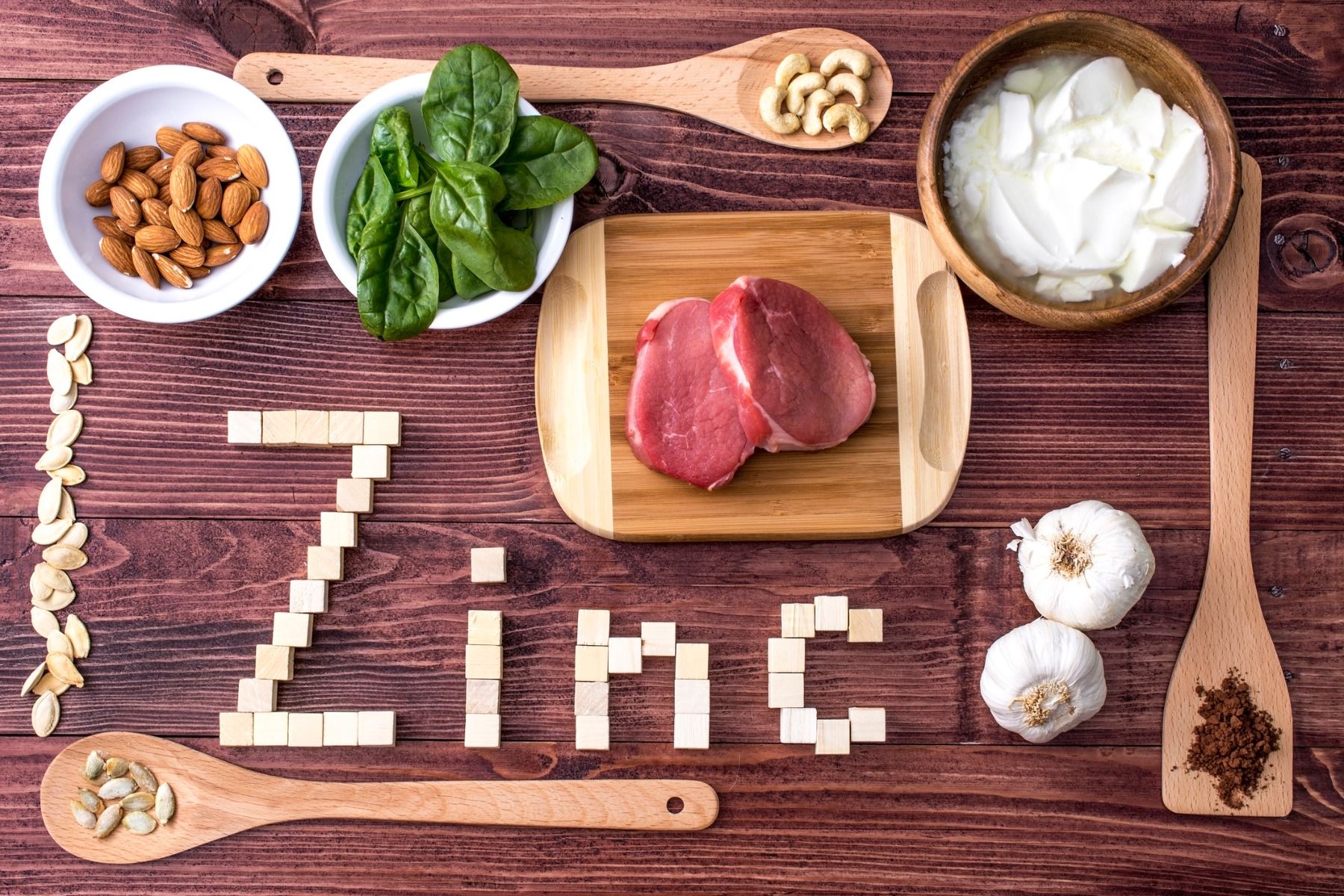
Testosterone is dominant men’s sex hormone responsible for muscle growth, their function, tighness and regeneration. Of course, the more testosterone you receive to the body, the more muscles you are building. Study has proven that supplementation of zinc supports quality sleep which is ideal because during sleep, the testosterone production is increasing and regeneration is occuring. The body is growing the most when we sleep because muscles fixes themselves and strengthens to become bigger and more powerful than ever before. [3]
In the study published by Wayne State University, it has been proven that zinc has a positive effect on inflammation reduction and reduction of oxide stress level at the whole body. Thanks to this function, it is possible to train harder with lower risk of illness.
Zinc sources
The most of zinc is in the oysters. Although, we receive the most of it from beef and chicken meat. The other sources of zinc are in beans, nuts, some types of marine animals (such as crabs and homars), cereals and milk products. Phytates which are present in wholemeal pastry, cereals, leguminous plants and others, bind to each other zinc and prevents its absorption. This means that zinc availability from the cereals and plant products is lower than from food of animal origin.

Lack of zinc
The lack of zinc is characterized by slow growth, appetite loss and disruption of immune functions. In more serious cases, it can cause hair loss, diarrhea, delay of sexual growth, impotence and weight loss. Approximately 2 billions of pople have the lack of the zinc. Lack of zinc causes infectious disease, cancer, damages immune functions and DNA.
4. Magnesium
Magnesium is a mineral which can be found in many foods, it is often added to some food products and is also available in the form of supplements. Magnesium contributes to structural bone development and is needed for DNA, RNA and antioxidant glutathione synthesis. It is the fourth most common mineral in the human body. It is electrolyte responsible for more than 300 enzymatic processes on the cell level. It is estimated that 80% of the population in USA is suffering from its lack.
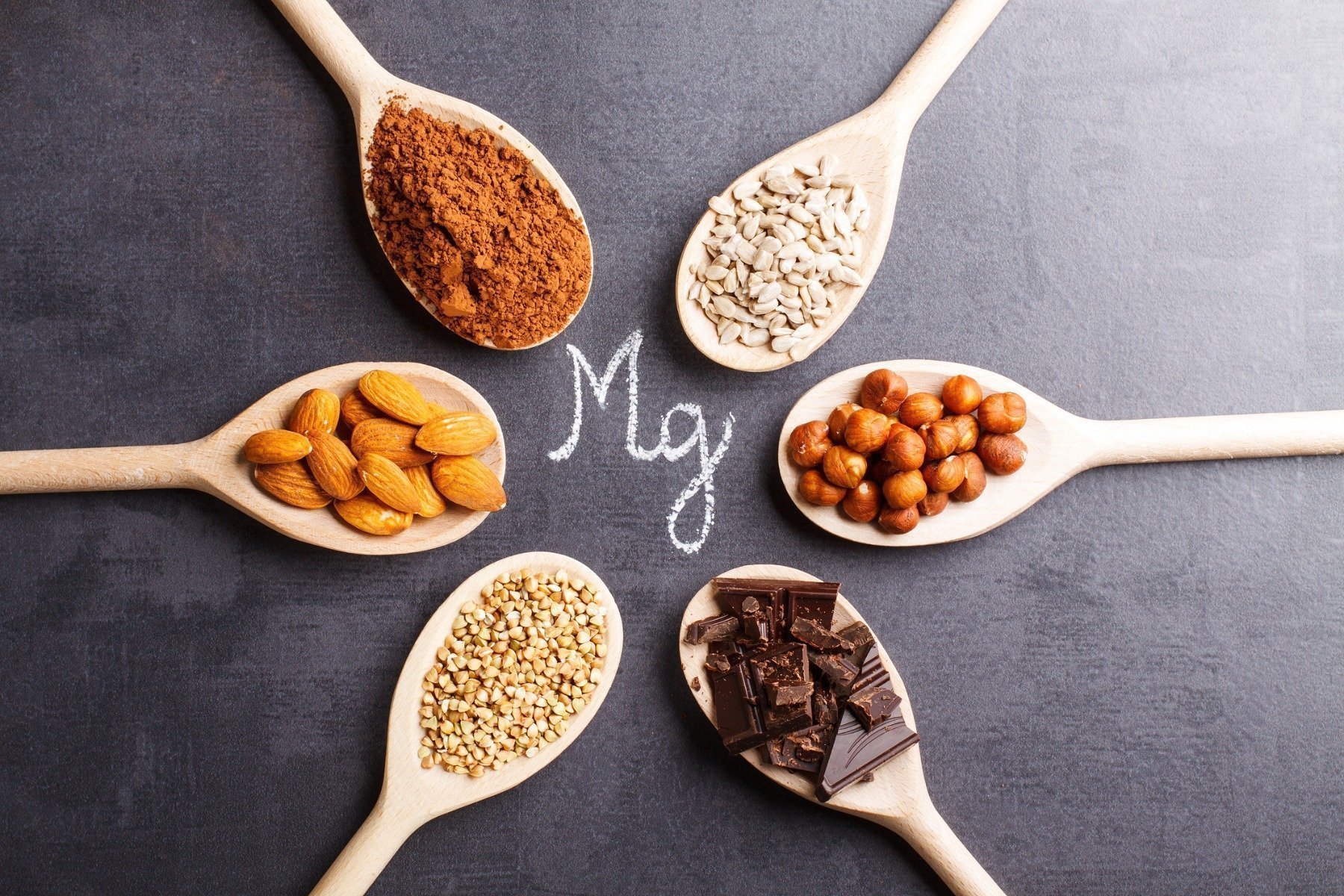
The lack of magnesium among healthy people is not occurring so often because kidneys limit its secretion. Although, the excessive magnesium loss can be caused by health problems, alcoholism and medicine using. The appetite loss, nausea, sickness, tiredness and weakness belong to early symptoms of magnesium lack. If the lack is worsening, seizure can come, muscle contractions and cramps, personality changes and heart rhythm disorders. The serious lack can have consequences such as hypokalemia (low concentration of calcium or potassium in serum). [7]
Since there is 1% of magnesium in blood, it is almost impossible to find out its loss with the help of blood sampling. Because of that, its lack is often overlooked.

Dr. E. M. Widdowson and his colleagues analyzed mineral exhaustion of soil after some decades. Their findings were published in journal about nutrition and health. They found 26% decline of magnesium in vegetables and 16% less in fruit for the period of 60 years. Despite that, you shouldn’t avoid vegetable and fruit consumption. They are still the natural source of magnesium for our body.
The vegetables with dark leaves such as spinach or nuts, seeds and some wholemeal products are also a good source of magnesium. Have in mind that majority of these sources contains only little magnesium amount. That’s why it is important to eat balanced food and not to rely on only one magnesium source.
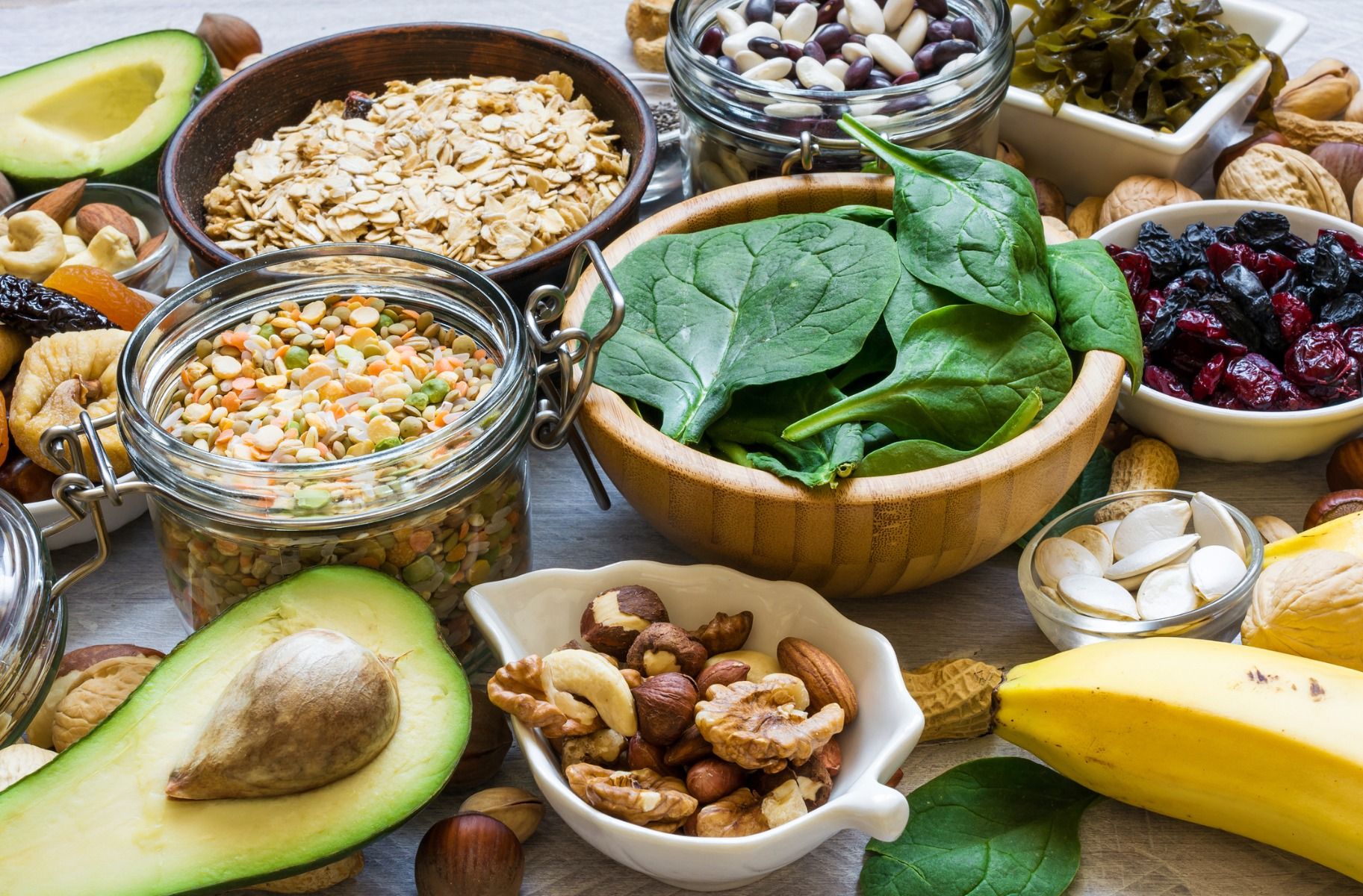
Don’t let the modern lifestyle pace to steal your needs of magnesium. The lack of magnesium is often connected to sleep lack. [7]
ZMB6
ZMB6 is mixture of zinc, magnesium and vitamin B6. It is recommended to use an hour before sleep. If you are planning to have protein drink before sleep, we recommend to use ZMB6 approximately hour before this drink in order to enable absorption of this supplement.
It was proven that ZMB6:
• it increases muscle mass, power, sexual appetite, anabolic hormone level, support of free testosterone • it suppresses mood problems such as depression • it helps to reduce period of regeneration in connection to training regime • it improves sleep quality • it supplies zinc excreted by sweat enabling to achieve optimal performance [6]

5. Citrulline Malate
Citrulline Malate supports physical performance by increasing use of amino acids in skeletal muscles, increases blood flow and supports ATP production. After absorption, either the citrulline maintains its structure or transforms into arginine (amino acid used for support of performance). Citrulline is an amino acid which doesn’t participate at protein production and that’s why it can’t be found in large amounts in common food. Watermelon has the highest natural citrulline content, it contains approximately 1 gram per one portion of food. If citrulline binds to malic acid in proportion of 2:1, the Citrulline Malate is created.

Citrulline Malate and power
Citrulline Malate indirectly increases oxid nitrate level and by it increases blood flow. By strengthening of the blood flow, tiredness is reduced and endurance improved. Citrulline enables increase of the release of growth hormone after training, production of creatine and use of amino acids in muscle tissue. In one study, there was proven the improvement of performance in 23%. [9] In another study performed on weightlifters, citrulline malate increased the number of repetitions in series, delayed tiredness and reduced muscle pain. [10]
Citrulline malate – endurance and regeneration
Lactic acid is responsible for burning sensation which you feel during exercising and it can also shorten the time of your training. Citrulline malate delays exhaustion of lactic acid in order to extend your ability to train longer. Longer time of increased blood flow enables not only increase of performance in the gym but also the acceleration of regeneration.

It increases growth hormone level
It was proven that increase of growth hormone in 66,8% within people who consumed citrulline malate in comparison to the group using placebo. Essentially, it can be said that L-citrulline indirectly prevents from growth hormone production with increase of arginine.
Citrulline Malate and its dosing
The recommended dose of Citrulline is 3-6 grams. It is important to have in mind that within some persons, the suitable is to begin to use 1 gram and then to progress into higher dose. The best is to consume on an empty stomach, 30 – 60 minutes before training or sleep. [11]
Which 5 supplements are the most underestimated according to your opinion? Let us know in the comments and don’t forget to support the article by sharing.
[1] Jessica Hmaurer, Underrated supplements – https://jessicahmaurer.com
[2] Shannon Clark, 3 Reasons Why You Need Fish Oil: Your Body Will Thank You – https://www.bodybuilding.com/fun/4-main-fish-oil-benefits.htm
[3] Shredded Physique, Zinc For Bodybuilding: Uses, Benefits & Sources – https://muscleandbrawn.com/
[4] Freydis Hjalmarsdottir, 17 Science-Based Benefits of Omega-3 Fatty Acids, June 18, 2017 – https://www.healthline.com/nutrition/17-health-benefits-of-omega-3
[5] Samir Malhotra, Girish Sawhney and Promila Pandhi - The Therapeutic Potential of Melatonin: A Review of the Science, MedGenMed. 2004 – https://www.ncbi.nlm.nih.gov/pmc/articles/PMC1395802/
[6] Gerry Morton, Why Magnesium Deserves More Credit as the Most Underrated of Mineral – https://blog.energyfirst.com/supplements/magnesium-the-underrated-mineral-that-deserves-more-credit-and-why
[7] National Institutes of Health, Magnesium – https://ods.od.nih.gov/factsheets/Magnesium-HealthProfessional
[8] Gymterest Team, ZMA: The most Underrated Health and Fitness Supplement? – https://gymterest.com/zma-the-most-underrated-health-and-fitness-supplement/
[9] Giannesini B, Le Fur Y, Cozzone PJ, Verleye M, Le Guern ME, Bendahan D, Citrulline malate supplementation increases muscle efficiency in rat skeletal muscle – https://www.ncbi.nlm.nih.gov/pubmed/21664351
[10] Pérez-Guisado J, Jakeman PM, Citrulline malate enhances athletic anaerobic performance and relieves muscle soreness – https://www.ncbi.nlm.nih.gov/pubmed/20386132
[11] PowderCity, L-Citrulline Malate 2:1 – https://www.powdercity.com/products/citrulline-malate-powder


Add a comment